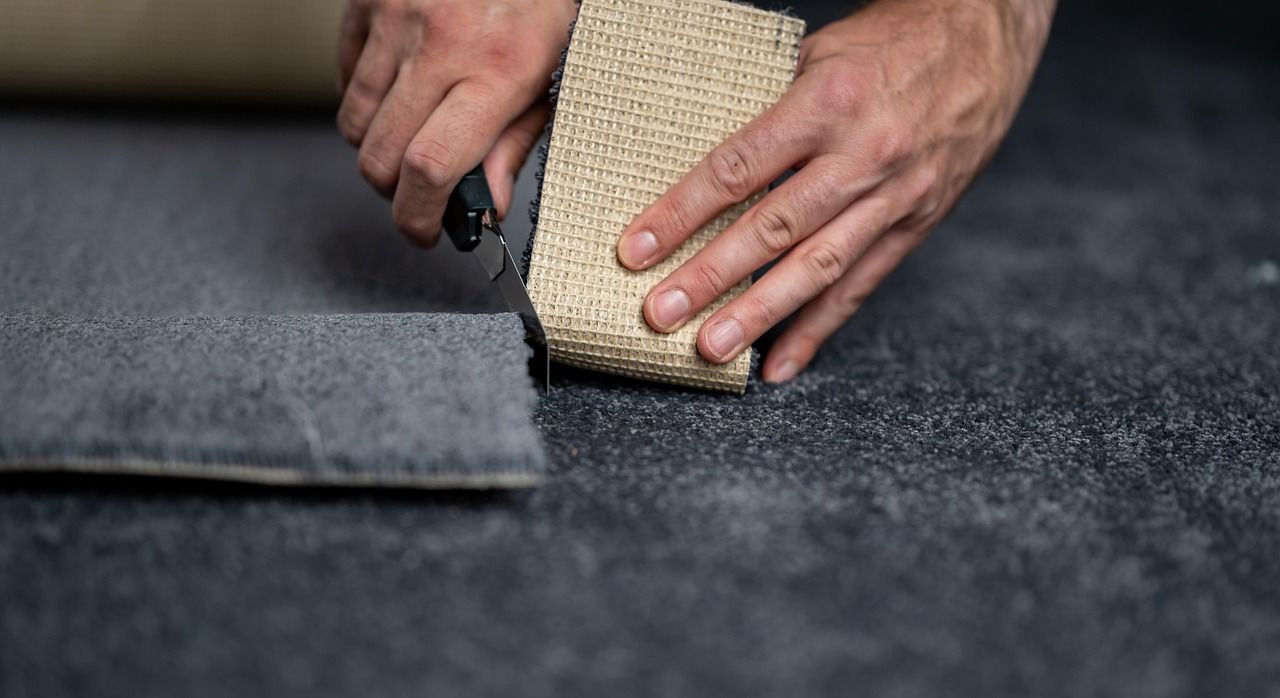
A Step-by-Step Guide to Getting Business Insurance as a Flooring Contractor
A Step-by-Step Guide to Getting Business Insurance as a Flooring Contractor
If you’re in the flooring industry, you already know there’s more to the job than laying tile and rolling out carpet. Between sharp tools, tight deadlines, heavy lifting, and dusty environments, you’re exposed to a whole lot of risk – both physically and financially.
So here’s the real question: Is your insurance actually keeping up with the work you do?
Getting the right business insurance isn’t just a box to check. It’s a vital part of your job site safety plan.
Here’s a simple, step-by-step guide to help flooring contractors get the right business insurance…without getting buried in confusing policy jargon.
Step 1: Know What Insurance You’re Legally Required to Have
Start with the basics. Most states require contractors to carry general liability insurance just to get licensed and pull permits. If you have employees (even just one), workers’ comp is usually mandatory, too.
Some states also require surety bonds as part of the licensing process.
Not sure what your state requirements are? Our team has all the details. Just give us a call!
Step 2: Identify the Risks Specific to Flooring
Flooring jobs might seem straightforward from the outside, but they come with plenty of hidden hazards like sharp tools and machinery, tripping hazards, heavy lifting, dust and fumes, and potential for property damage.
Add the wear and tear on your tools, the risks of hauling materials between sites, and the potential for various types of injuries, and you start to see just how exposed you are.
Step 3: Choose the Right Type(s) of Coverage
Your policy should cover everything from bodily injury and property damage to tool and equipment protection. Complete operations coverage may be important as well, in case issues with your installed floor appear weeks later.
A strong flooring contractor insurance package typically includes:
- General Liability Insurance
- Workers’ Compensation (for employees and sometimes subcontractors)
- Commercial Auto (for work vehicles)
- Inland Marine (for tools in transit)
- Business Owner’s Policy (BOP) — combines liability + property at a better rate
- Umbrella Insurance — extra protection in case of a major claim
Not sure which ones you need? Our team of experts is here to help!
Step 4: Gather a Few Basic Details
When you’re ready to get a quote, here’s a list of info you’ll want to have handy:
- Your business name and structure
- Years of experience
- Number of employees
- Average job size and annual revenue
- Equipment list and vehicle info
- Locations where you work (especially if you cross state lines)
This helps us build a policy tailored to your actual risk, without overpaying for stuff you don’t need.
Step 5: Work With an Agent Who Knows Contractors
You don’t have time to dig through pages of policy language or deal with a giant call center when something goes wrong.
We work with flooring contractors regularly, and we know what insurance looks like on the job site, not just on paper. We’ll walk you through your options, explain the fine print, and help you avoid costly gaps in coverage.
Need help? We’ve got your back (and your subfloor).
Call us today or click here to get a fast, customized quote.
No pressure. No jargon. Just honest advice and coverage you can depend on.

